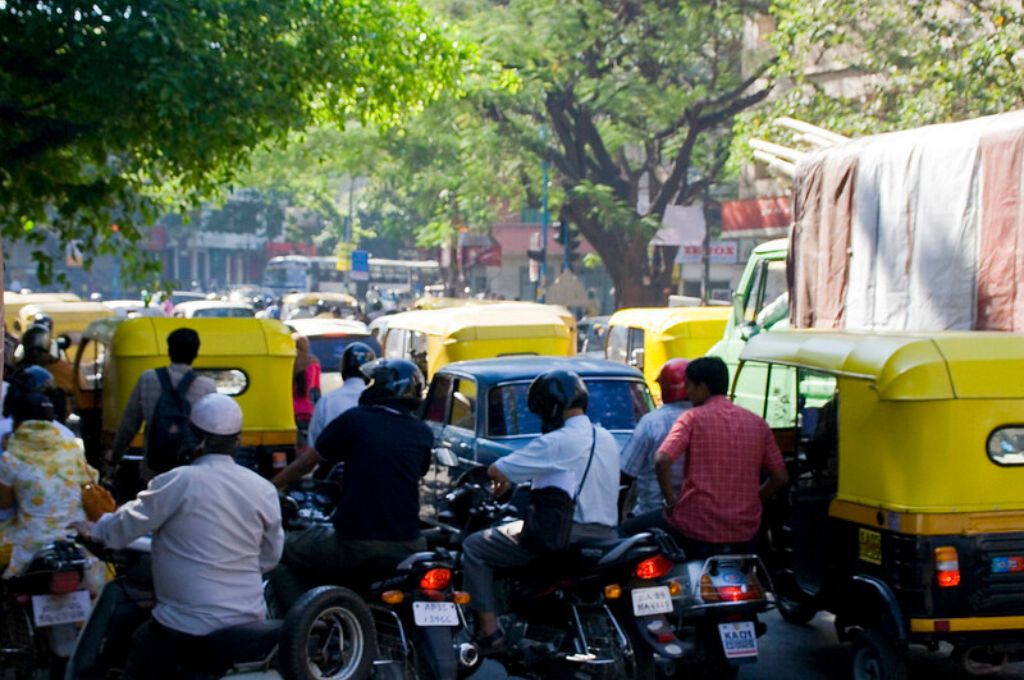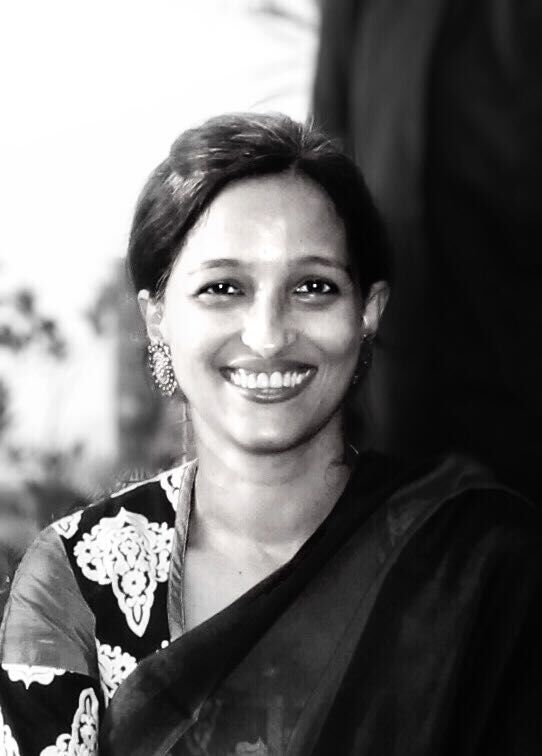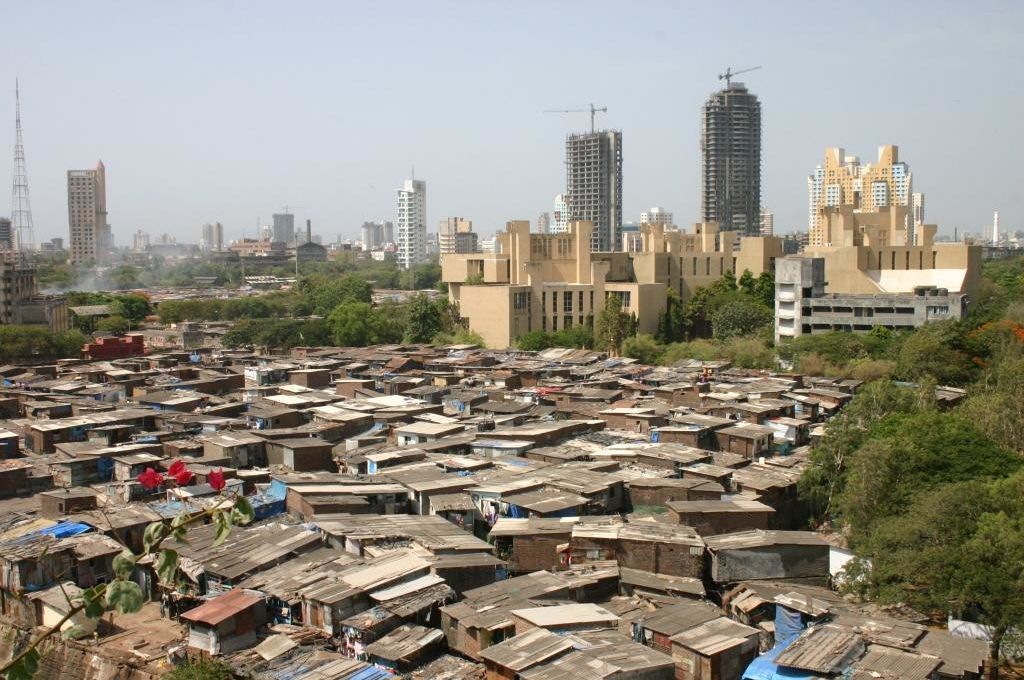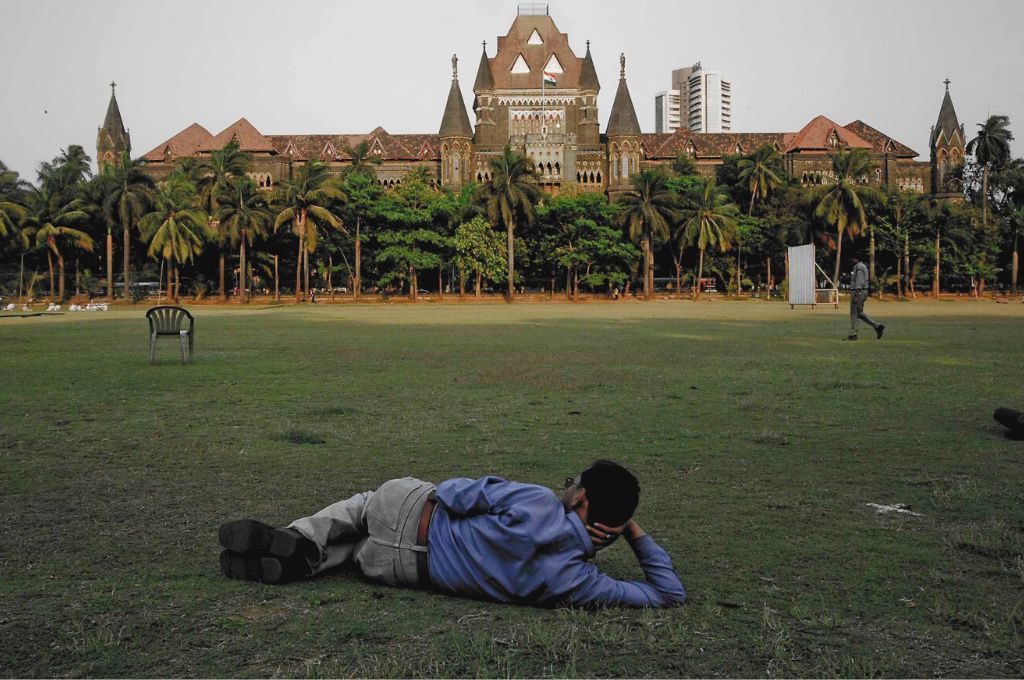Bengaluru has collected many badges over the past few decades—garden city, city of lakes, Silicon Valley of India, and the unicorn capital of the country. To this list another epithet was added in 2022—’least liveable’. In its Global Liveability Index 2022, the European Intelligence Unit (EUI) placed Bengaluru at the bottom of the ranking for Indian states. Conversations about the city are replete with references to failing infrastructure and environmental distress. Karnataka’s capital is in urgent need of citizen pressure, participatory planning, and decentralised governance. At such a time, nonprofits say it is putting off its engaged and active residents.
Bengaluru has not had elections for its city council in over two years. The term of the corporators elected in 2015 ended on September 10, 2020. The state government is governing the city directly and has disproportionate influence over resource allocation and administrative decisions. Without corporators in place, citizens are compelled to take their smallest issues to MLAs. The Bruhat Bengaluru Mahanagara Palike (BBMP) waits on the MLAs for every decision.
Srikanth Viswanathan, chief executive officer at Janaagraha Centre for Citizenship and Democracy, says, “Urban governance is untenable when citizens cannot communicate with first-mile politicians. They are unable to make suggestions and seek redressal and accountability in what should be a self-correcting mechanism. Further, if there is no state capacity, citizens feel that they are wasting their time as officials aren’t delivering. In Bengaluru right now, there’s a palpable sense of status quo. This essentially means that the quality of life is going southwards because population pressure and aspirational pressure keeps growing.”
Sobia Rafiq, co-founder of Sensing Local, an organisation focused on sustainable urban governance in Bengaluru, says people have turned cynical because of the politically fluid situation. “Active citizens are faced with the apathy of a non-functioning system. When people try repeatedly and the officials don’t move or respond, citizens face burnout.”
In many other states, politicians and bureaucrats have learned that they can’t do it on their own in urban areas and need to invest time and resources for partnerships with non-government sectors, including civil society. “The openness with which governments are willing to engage with business, civil society, and academia is higher now than it was 10 years ago. Urban elections are more hotly contested than before and politicians are treating urban problems with more salience. This is leading to islands of innovation and delivery, for example in Odisha, where we work,” Srikanth says.
In Bengaluru, the pandemic presented a much-needed opportunity to reimagine civic engagement. There was an uptick in citizen participation and partnerships between the municipality and residents for contact tracing, testing, and quarantine centres. The municipality engaged actively with communities, resident welfare associations, intermediaries, and civic leaders for collective conversations. Srikanth says, “Historically, public health crises have led to innovations and improvements in urban governance and planning.” Bengaluru, however, has squandered the opportunity.
For civic engagement in urban governance to be salvaged, three factors are imperative: more platforms, better data and awareness, and robust processes.

Platforms
Sobia and Srikanth believe there is latent civic energy in the city. The number of people taking an interest in the development sector is growing across the country. There is a positive shift in the number of young people with a civic mindset and concern for the environment. Students get involved through projects at their institutions. “Professionals who come into the city for work and have been here for only a couple of years are also picking up issues,” Sobia says. Some people are willing to volunteer for audits or to offer technology, skills, or time. However, there aren’t enough exercises structured around capitalising on these volunteers.
Additionally, the size of groups truly engaging with the system is not very large. “There are usually about 150 or 200 in the city. Retired people and homemakers invested in their localities have time and take an active interest,” Sobia says. At ward committee meetings, where residents of a ward can meet with their elected corporator and other civic officials, only a handful of individuals take on issues based on what is most relevant in their neighbourhood. The BBMP constituted ward committees after a rap from the Karnataka High Court in 2017. However, these are yet to function optimally. A citywide collective, Bengaluru Ward Samiti Balaga, is working on empowering them. “The problem is that the municipality and councillors are themselves disempowered, so they see ward committees as competing with them for mind space and resources in their constituency,” Srikanth says.
For inclusive representation at ward meetings, members of marginalised neighbourhoods also need to voice their needs. “Bengaluru has barely been able to deliver services to its slums,” Sobia says. In Odisha, Janaagraha has helped the government set up slum development authorities (SDA) across 115 cities. These SDAs present their requirements to government and civic officials and even become implementation partners.
Awareness and data
Citizens and collectives need awareness, audits, and data to formulate the priorities of their ward and negotiate them with elected representatives and civic officials. Some issues garner more interest among them than others. Recently, for MyCityMyBudget, a participatory budgeting campaign by BBMP and Janaagraha, residents sought better road infrastructure, street lights, sidewalks for pedestrians, and drain maintenance. Organisations say civic conversations are predominantly around traffic, infrastructure, and urban flooding. Solid waste management has evolved over the years in Bengaluru. “Many people have been actively involved in this sector since 2011 and have carried out successful pilots. In fact, some of them have become experts in the field and even share their learnings with other cities,” Sobia says.
Lack of reliable government data limits or skews decision-making at the ward level.
For citizens to envision the big picture rather than treat platforms only as forums for grievance redressal, they need a larger plan that they can align with. Workshops and centres for civic learning, such as the citizen university run by Sensing Local, can help locals to gain foundational knowledge and understand the bigger issues they can influence. They learn to ask where the budget comes from, which government official runs it, what the governance system is, and who they can go to with questions. Structuring and formalising knowledge on civic citizenship makes the learning curve shorter and equips more citizens with the tools they need to interact with the system.
Citizens and collectives also need hyperlocal data. Lack of reliable government data limits or skews decision-making at the ward level. Technology can enable people to collect information from their neighbourhoods. Individuals can use tools, for instance, to measure air pollution at the hyperlocal level. Digitising collected data and making it public raises the bar on the conversation. When citizens go to a politician or the media with the right ask, backed by evidence, it can translate into action faster. “Budgets hold the key for public change. Participatory budgeting, along with ward-level infrastructure measurement, can drive better resource allocation and higher levels of civic engagement and reduce spatial inequity between neighbourhoods,” Srikanth says.
Processes
There are mechanisms to increase awareness among people and provisions for platforms to encourage civic participation. But lack of political will and administrative competence are resulting in discouraging governance processes. For effective citizenship, the first step needs to be taken not by the citizens but by the government, Srikanth points out. Sobia says that for the successful pilot on solid waste management in the city, the nudge came from the municipality. “When the municipality pushed for a larger agenda, we created micro plans for wards and made them public.” There is also an issue with accountability within the system. “We have zonal commissioners in every zone now, and nodal officers for the ward committees. But no one is monitoring if they turn up for the meetings or are being unresponsive,” Sobia says.
The city has not seen a commensurate increase in budgets and workforce.
Bengaluru is approximately 12 times bigger than the second largest city in Karnataka. This makes it different from the largest cities in most states. BBMP is the fourth largest municipal corporation in India. Moreover, the outer areas of the city grew by 200 percent between 2001 and 2011, and have probably grown at a similar rate since. But the city has not seen a commensurate increase in budgets and workforce. Considering Bengaluru has a disproportionate influence on the state’s economy, this resource allocation is far from ideal. “Traditionally, the budgets focused on Central Bengaluru. As the city and municipal boundaries grew substantially during 2001–11, there was a delay in putting in money and staff into the rapidly growing, newly added municipal areas in the rest of the city. Urban planning and infrastructure pay off after a gap. They have a certain gestation period before they deliver better quality of life, especially against the backdrop of rapid urbanisation and economic growth. Sound urban planning and all-round enforcement of plans are prerequisites. The urban flooding that gets exacerbated by encroached storm-water drains and built-over lake beds are examples of consequences of poor planning and enforcement,” Srikanth says.
Even when there is political will, the lack of adequate staff and commensurate skills and competences creates hurdles to effective implementation. “The government does not have adequate workforce. Good government officials are overworked. There is no state capacity to engage with citizens,” Srikanth says.
Bengaluru, like other cities, has its own unique issues. However, it also suffers from the problems most other Indian cities face. Its governance remains fragmented and accountability for delivery diffused. Fragmented governance has resulted in money getting drip-fed into separate civic agencies and state departments, with no cohesive planning, implementation, or accountability. “You have a transport corporation, a water board, and a development authority for planning and arterial roads. There is of course a separate municipality. But a city is not an accumulation of health, education, water, development, and transport. It should be governed holistically as a place and as a community. It is an independent unit of imagination in our minds and should be an independent unit of governance and economy,” Srikanth says.
—







